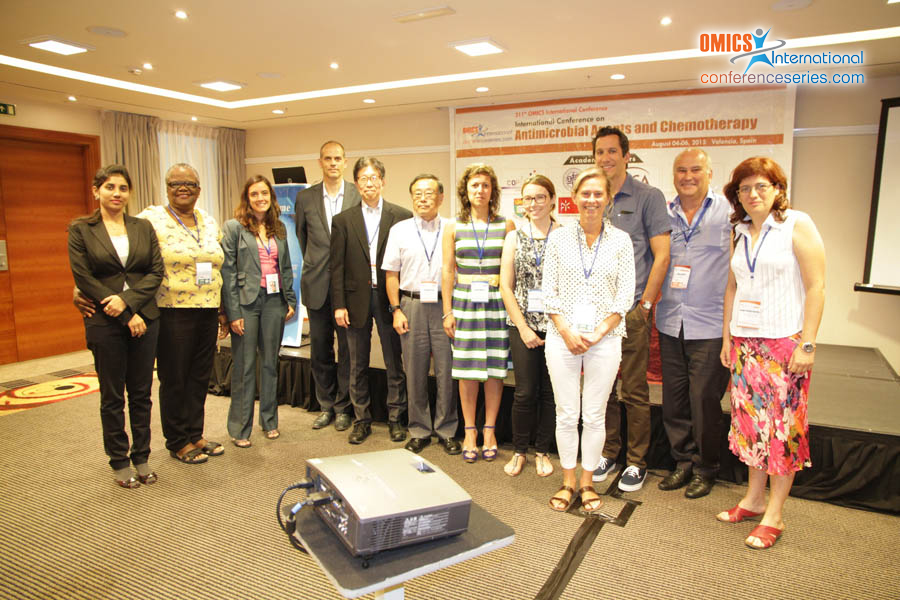
Bin Li
The University of Hong Kong, China
Title: Identification of miR-29c/FBXO31 as a key regulatory mechanism in esophageal cancer chemoresistance
Biography
Biography: Bin Li
Abstract
Esophageal cancer ranks as the 6th most frequent cause of cancer death in the world. Chemoresistance is a major obstacle in cancer therapy, but the mechanism remains unclear. MicroRNAs have received increasing attention as a novel and promising targets in cancer diagnosis, prognosis and treatment. Identification and experimental validation of the chemoresistance-related miRNAs in esophageal cancer are urgently needed. We have established esophageal squamous cell carcinoma (ESCC) cell line models of acquired chemoresistance to 5-FU (FR sublines). MicroRNA profiling and subsequent RT-PCR confirmation showed that miR-29c was one of the most down-regulated miRNA in FR sublines. We found that miR-29c overexpression could revert acquired chemoresistance of FR cells, and that lower miR-29c expression in ESCC was associated with poor survival of patients. FBXO31, a novel F Box protein with prognostic significance in ESCC, was amongst the upregulated mRNAs identified in the FR cells using cDNA microarray and was predicted by computational algorithms to be a target of miR-29c. Our data showed that FBXO31 increased chemoresistance of ESCC cells in vitro and in vivo, and that ectopic expression of miR-29c significantly reduced FBXO31 expression. More importantly, FBXO31 mediated the functions of miR-29c in chemoresistance of ESCC cells. In summary, this study greatly enhances our understanding of the functions of miR-29c and FBXO31 in esophageal cancer; their significance in diagnosis, prognosis and treatment warrants further investigation.


